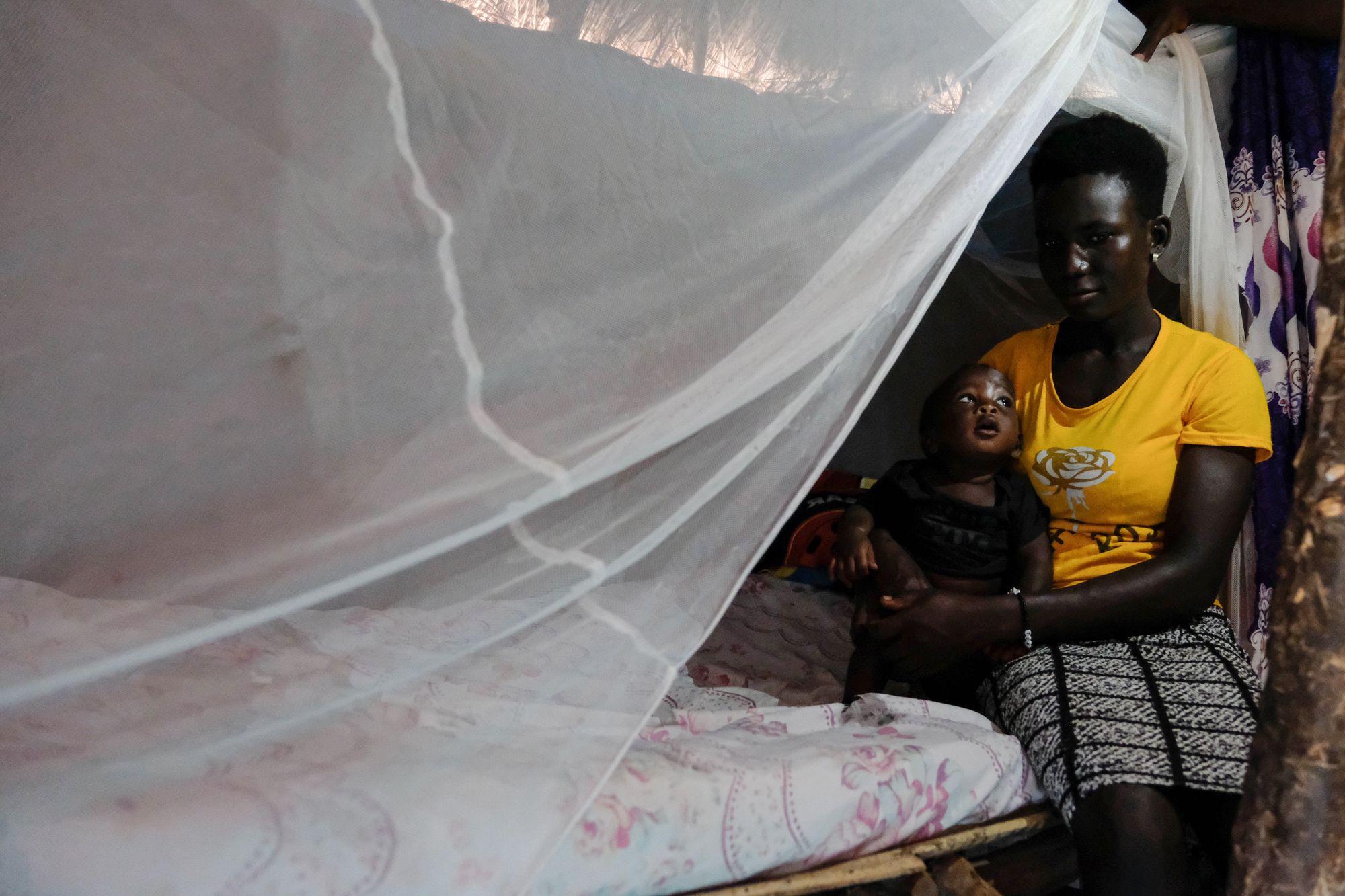- News
- World
One of the world’s biggest funders of the fight against HIV, tuberculosis and malaria faces reduced funding for life-saving work over the next three years.
Rachel SchraerGlobal Health CorrespondentMonday 24 November 2025 13:06 GMTComments
 ClosePeople living with HIV in Senegal have lost swathes of services after Trump's aid cuts
ClosePeople living with HIV in Senegal have lost swathes of services after Trump's aid cuts
For free real time breaking news alerts sent straight to your inbox sign up to our breaking news emails
Sign up to our free breaking news emails
Sign up to our free breaking news emails
 Email*SIGN UP
Email*SIGN UPI would like to be emailed about offers, events and updates from The Independent. Read our Privacy notice
The biggest player in the international fight against Aids, tuberculosis (TB) and malaria has fallen short of its aims to raise $18bn, in order to save an estimated 23 million lives between 2027 and 2029.
World leaders and ambassadors met on Friday in Johannesburg, South Africa to pledge money to the fund at the sidelines of the G20 summit. Every $1bn under the target represents potentially 1.3 million lives lost. So far the fund the fund has raised $11.34bn, leaving it almost is $7bn under target with some pledges still to come after the deadline.
It’s the first time the fundraising event has been held in Africa since the Global Fund’s founding more than 20 years ago.
The UK announced its pledge of £850m to the fund on 11 November – a fall from £1bn in 2022, despite co-hosting the fundraising event. The reduction, first reported by The Independent, comes as part of plans to shift money away from foreign aid to pay for defence.
It came weeks before a tough UK Budget expected to bring tax rises.
Sir Keir Starmer said: “In today’s volatile world, we must prioritise spending that makes a genuine difference and supports both growth at home and globally.
“That is why we will continue to support the Global Fund, whose work is at the cutting edge of fighting the world’s deadliest diseases. It is an investment in economic growth and stability, and a prime example of our modern approach to development.”
International development secretary Jenny Chapman said that, since 2002 when the Global Fund was founded, the UK’s investment had, “helped save over 70 million lives and reduce deaths from AIDS, TB, and malaria by 63 per cent.
“These are not just statistics, they represent families spared heartbreak, parents who can watch their children grow and communities strengthened by health and by hope,” she told the summit.
The US pledged $4.6bn (£3.5bn) - a fall from its $6bn pledge in 2022, though some of this money was withheld after Donald Trump took office.
The Independent has already discovered deaths linked to Trump’s decision to withhold money from the fund, which was used to provide HIV services in lower-income countries.
Director-general of the World Health Organization, Dr Tedros Adhanom Ghebreyesus, said, “sudden and unplanned cuts” to global aid would, “imperil progress against global health in general and HIV, TB and malaria in particular.
“We have opportunities including new bed nets, new mosquito control technologies, new long-acting therapeutics and, in the near future, new vaccines for TB,” he said, but there were also “significant challenges” including increasing drug and insecticide resistance and lack of access to health services.
 The Global Fund pays for insecticide-treated bed nets as part of the fight against malaria (Getty)
The Global Fund pays for insecticide-treated bed nets as part of the fight against malaria (Getty)The negotiations went up to the wire, with someone close to the process saying the fund was still waiting to hear from key donors as of Thursday evening.
Some government pledges, including from Japan and France, will come in the coming weeks, which will increase the final total - but it’s uncertain by how much. France said it continued to be committed to working with the Global Fund and that its exact pledge would come after its budget had been debated in the national parliament.
The fund could also receive further pledges from the private sector including pharmaceutical companies and philanthropists in the coming weeks - but these are likely to be in the millions, not billions of dollars unlike the biggest pledges from governments.
Last time around, the fund set the same $18bn target but only managed to raise $14.8bn.
Deputy Director of Global Health Policy at the Center for Global Development, Janeen Madan Keller, said: “The results of the summit point towards a budget gap for the Global Fund over the next three years.
“One solution is for the Global Fund to radically rethink its funding model,” by providing grants only to the poorest countries with the highest rates of disease and issuing loans to wealthier countries. She added the fund, “must make tough cost-cutting decisions if it is to stand any chance of ending the epidemics of AIDS, tuberculosis, and malaria”.
Anne Aslett, CEO of the Elton John AIDS Foundation. said: “Today’s replenishment shows the world can still act together—and when nations unite, lives are saved. It doesn’t meet the level needed to turn the tide on AIDS, TB and malaria, but it keeps the door open.
“To end AIDS at home and abroad, we must rapidly reduce HIV transmissions everywhere.”
This article was produced as part of The Independent’s Rethinking Global Aid project
More about
Rethinking Global AidHIVTBMalariaJoin our commenting forum
Join thought-provoking conversations, follow other Independent readers and see their replies
Comments



